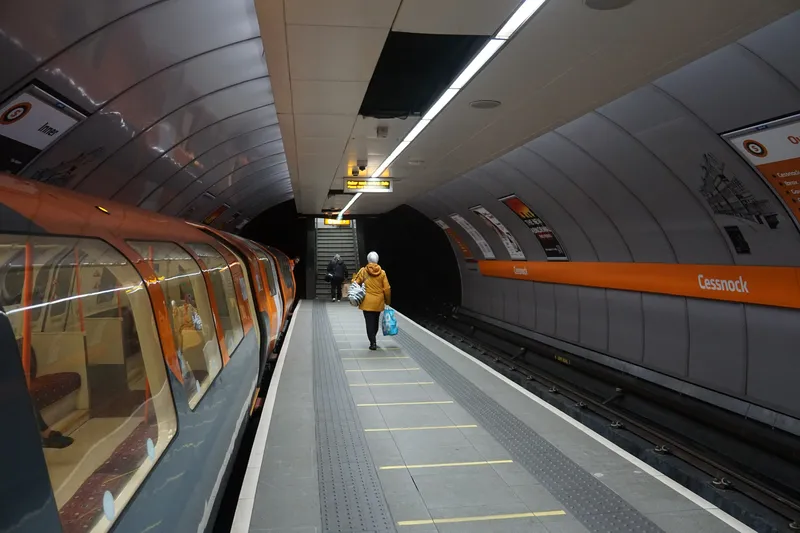Near Field Communication (NFC) has failed to live up to its promise and widespread adoption is still years away, says Spire Payments.
Not everyone at CARTES SECURE CONNEXIONS would agree - but Spire CEO Kazem Aminaee is betting big on mPOS products, whose adoption in multiple territories has helped Spire cement its place as the third POS provider in the market. “We have a 30% market share now in the expanding mPOS space,”he adds. By contrast, contactless card payments have only reached 1% of global payment transactions despite the promise the technology shows, Aminaee says.
“NFC did not take off because of the technology itself and the complexity around the ecosystem. The time and cost of device manufacturers getting devices certified is high.”Take-up rates will continue to be slow, he predicts: “Everyone has invested so much in NFC that it will take off one day but it will take five to ten years.”The company, which acquired Thyron Payment Systems in 2013, will ship 500,000 terminals this year and is focusing on increasing its geographic reach as it predicts sustained annual growth of 25%.
It now sells into 22 countries, with major customers in EMEA and trials underway throughout Europe. Developing markets, particularly in Asia and Latin America, are a key area for growth. This year it made its first sales in Argentina and Chile and will add Mexico early in 2015 and Brazil after that.
Thousands of taxi drivers in Chennai also use its entry-level solution via Indian Overseas Bank. “mPOS is the truly global innovation because it brings advantages to merchants,”says Aminaee. “It also brings advantages for the acquirers because they can now touch the whole merchant business.
In Europe there are three to five million merchants that do not accept cards and mPOS brings them the capability to accept payments at a much lower cost.”
Larger retailers are also moving over to mPOS, he adds. “Medium and major retailers can also benefit from cheaper access to payment services than by using cash registers and contact payment terminals.”Ultimately the market will gravitate to payment solutions without a separate terminal, combining instead an open platform mobile device running Android or IOS with a secure platform that can process payments on the same machine. “Thatís something we are working on,”concludes Aminaee.
NFC adoption still years away as mPOS surges ahead, says Spire
Near Field Communication (NFC) has failed to live up to its promise and widespread adoption is still years away, says Spire Payments.
November 4, 2014
Read time: 2 mins









